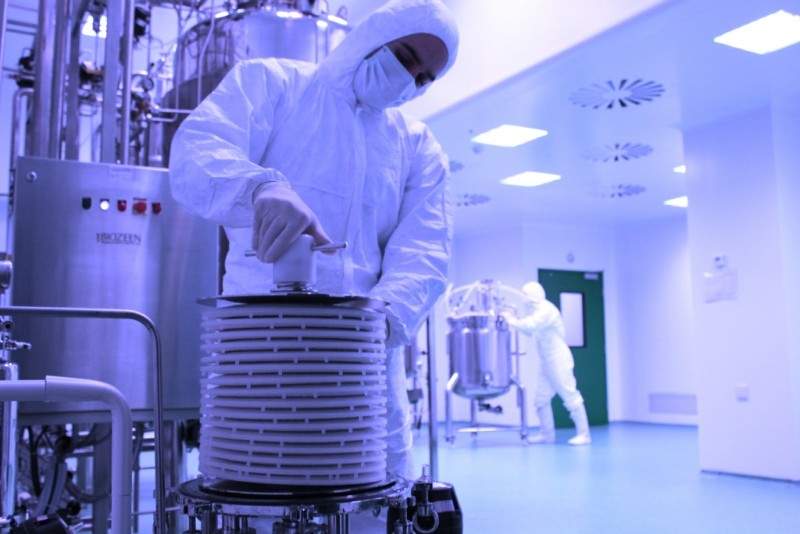Nearly 10 years after the Biologics Price Competition and Innovation Act of 2009 created an abbreviated pathway for biological products shown to be biosimilar to, or interchangeable with, an FDA-approved reference product, 12 biosimilar products have been approved in the US since March 2015. Although there was a slow start to authorisations, there were five approved in 2017, and three have received marketing authorisation this year so far. Despite the recent increase in approvals, only four of the 12 biosimilars are currently marketed in the US, due to launch delays resulting primarily from patent litigation. In addition to delays post-approval, there have been postponements earlier in the process, with some developers having received complete response letters citing data or quality issues. Altogether, these delays can be seen as adding fuel to the argument that the development of biosimilars may be more costly than originally anticipated.
In July 2018, the FDA released its Biosimilars Action Plan (BAP), a series of 11 steps to ramp up support to biosimilars developers in bringing their products to market. The initiative is subtitled Balancing Innovation and Competition and sets a goal of finding the equilibrium between brand name drugs and biosimilars in the US market. The plan encompasses a wide range of useful initiatives, from education, outreach, and support, to providing clearer guidelines on various aspects of the data submission process. Specifically, the tenth initiative aims to provide additional support to developers for deficiencies in quality and manufacturing processes, which are often issues that are cited in complete response letters. The FDA proposes to help developers by identifying the attributes of the biosimilar product that are most important to evaluate and to look at ways to reduce the number of lots of reference product needed for testing. However, no specific details have been revealed regarding assistance with quality or other manufacturing plant issues.
Some additional and worthwhile perspective on solutions to these issues could be gained by taking a look at initiatives currently underway in other countries, especially in emerging markets where there are fewer resources available for development. One such initiative recently implemented in Brazil, called The Partnership for Productive Development (PPD), may offer a reasonable solution for manufacturing and quality control issues encountered by some developers in the US, and perhaps those non-US based companies interested in launching their biosimilars in the US. Under the terms of a PPD agreement between biosimilars developers and the government, the master cell bank needed for production of the biosimilar is transferred to a government contractor who retains responsibility for production. The product is then purchased by the Brazilian Ministry of Health, which establishes the supply chain, while the private developer is responsible for sales. This type of process ensures a robust supply of high quality product by eliminating the burden of production on individual developers. According to a paper published earlier in 2018, in the journal einstein (Sao Paulo), such arrangements result in reduced costs to biosimilars developers as well as other advantages to all stakeholders.
In the US, while an entirely nationalised model of biosimilars production may not be the appropriate solution, certain components of the plan, such as the use of pre-approved manufacturing contractors, could be considered. Shifting the burden of manufacturing from individual biosimilars developers, which are generally smaller, less resource-rich organisations than larger pharmaceutical companies, to a pre-designated group of manufacturers with standardised practices could be a worthwhile step in addressing quality control and manufacturing issues that have plagued some biosimilars developers, resulting in FDA actions that are costly in terms of time as well as future revenue.

US Tariffs are shifting - will you react or anticipate?
Don’t let policy changes catch you off guard. Stay proactive with real-time data and expert analysis.
By GlobalData



